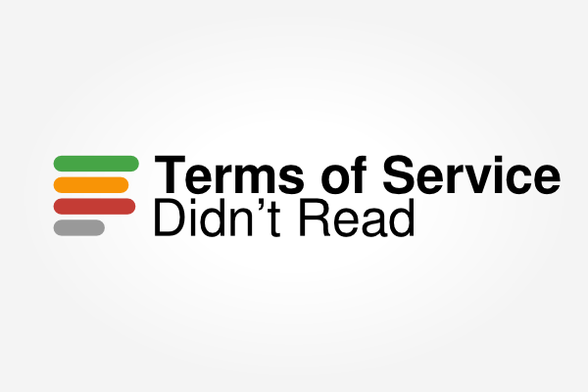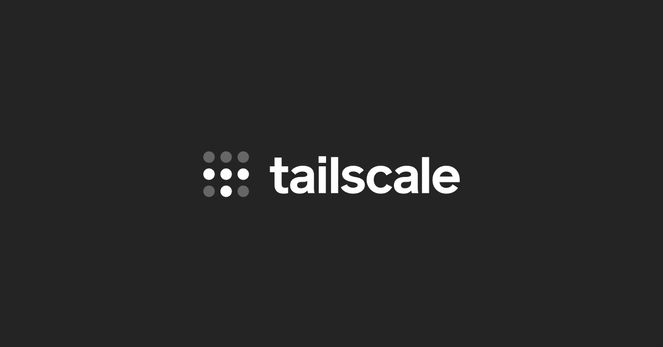I occasionally shoot terminal tips back and forth with someone on another network. Their latest is this, which I found really cool.
Take the terms of service for services you sign up to. Commit them to a git repo. Set up updates, if you like.
Then you can use diff to spot changes as they happen.

